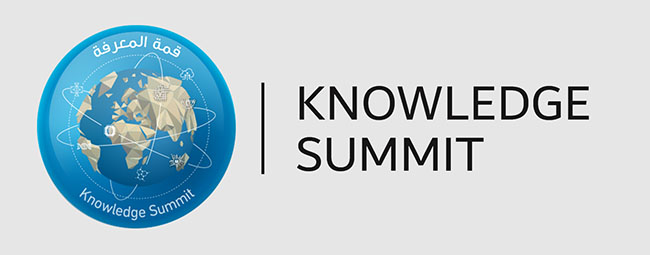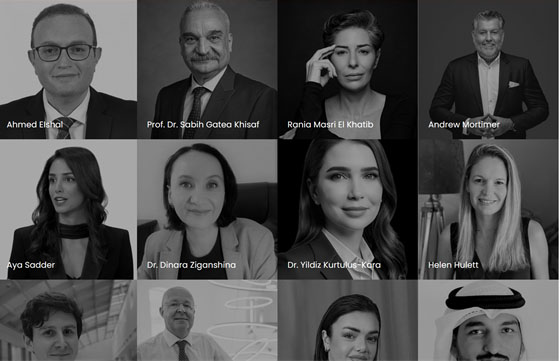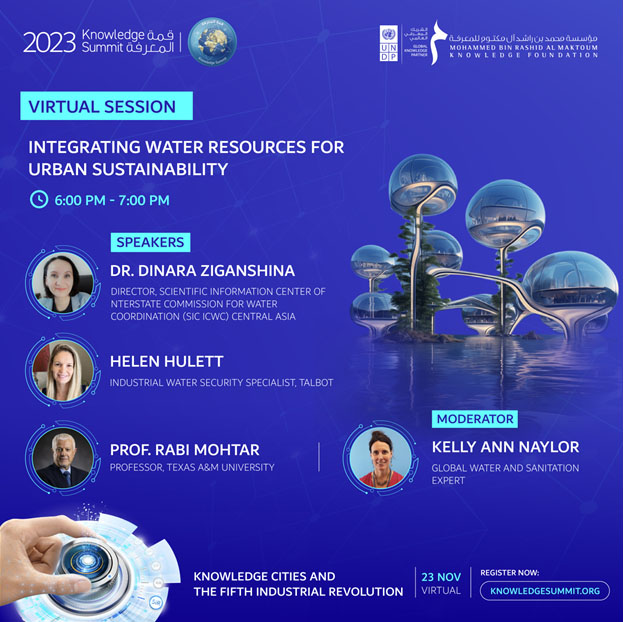TRANSBOUNDARY WATER COOPERATION ADDRESSED AT THE KNOWLEDGE SUMMIT
Under the patronage of His Highness Sheikh Mohammed bin Rashid Al Maktoum, Vice President and Prime Minister of the UAE, and Ruler of Dubai, the Mohammed bin Rashid Al Maktoum Knowledge Foundation (MBRF) organized the Knowledge Summit on 21-22 November 2023 in Dubai and virtually on 23 November.

Held in collaboration with UNDP and under the theme ‘Knowledge Cities and the Fifth Industrial Revolution’, the event highlighted the significant role played by the Fifth Industrial Revolution in the development of knowledge cities, alongside the fifth-generation technologies that have ushered in a complete overhaul of conventional business model. The summit dedicated a significant portion to exploring methods for harnessing cutting-edge technologies to accomplish sustainable development objectives and address global challenges.

The summit’s activities included over 43 sessions on various topics, including digital health, sustainable tourism strategies, educational transformation tools, building knowledge cities, the fifth generation of educational technologies, the impact of the fifth industrial revolution on startup entrepreneurship, and the biotechnology industry, enhancing cybersecurity, and media and content creation in the AI era. Among the key topics were also reviewing sustainable smart solutions for the future of agricultural food security, setting visions for sustainable development goals in the age of the fifth industrial revolution, the concept of Human Society 5.0, strategies for converting waste into fuel, and sustainable water use.
The event witnessed the participation of several experts, thought leaders, policymakers, researchers, academics, and entrepreneurs from across the globe.

Dinara Ziganshina, Director of SIC ICWC, was among the speakers at a virtual session entitled “Integrating water resources for urban sustainability” held on 23 November. She underlined the role of knowledge for enhanced transboundary water cooperation. UNEP estimates that in the near 15-30 years the risks related to sustainable transboundary water management will increase in four ‘hot spots’: the Middle East, Central Asia, the Ganges-Brahmaputra-Meghna basin in South Asia, and the Orange and Limpopo river basins in South Africa. Thus, science evidence based actions are needed at all management levels to remove these risks and extend cooperation. In this context, reliable data, information and knowledge become of utmost importance.
More details on the event
|